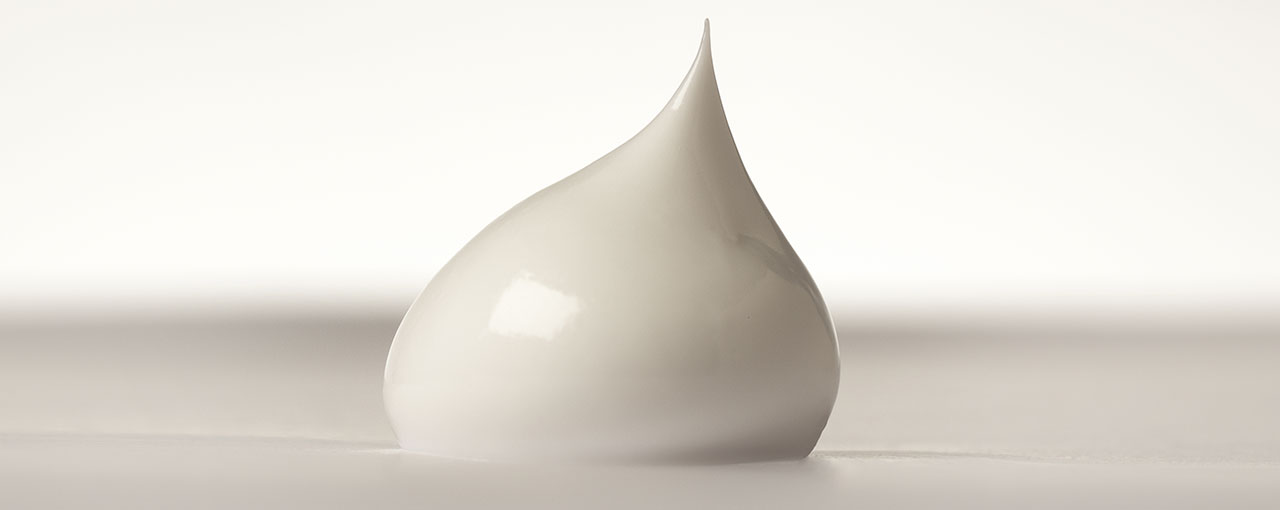Rheology Modifiers
Texture evokes emotion, but at Cargill, texture is also a science. Since water is an important ingredient of the formulation, the way you structure it will be critical for the design of your product, as well as the product's functional and sensorial properties.
The palette of textures you can achieve will differ according to their own structure. Examples of what makes each texture unique includes the types and number of monomers, configuration, degree of substitution, as well as the type and repartition of substituents. Cargill will support you to structure the water in order to unveil your preferred texture.
Our texture expertise and characterization capabilities allow us to design synergies and ingredients intrinsic properties, providing you with a full range of textures.

